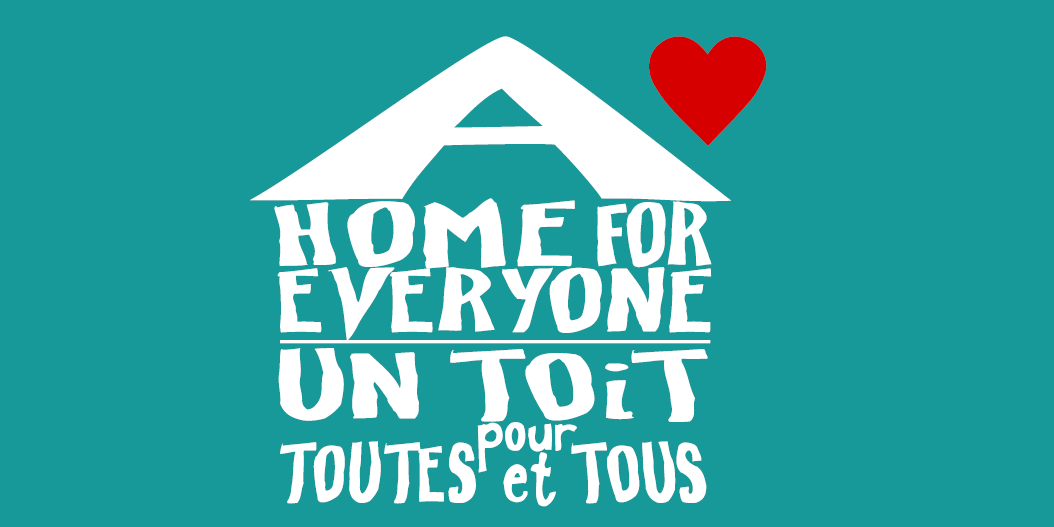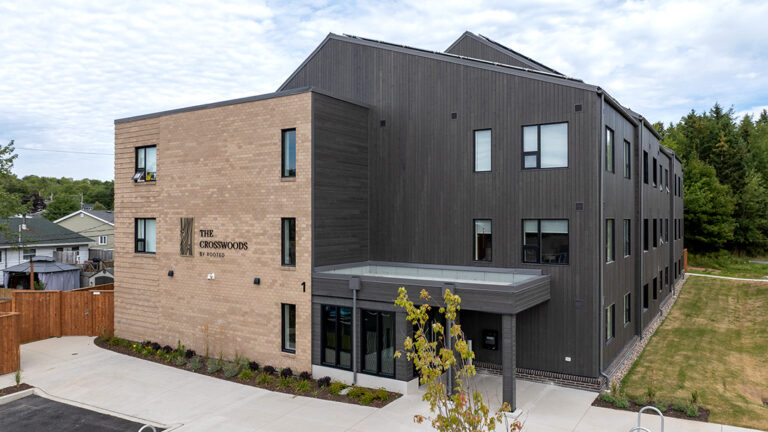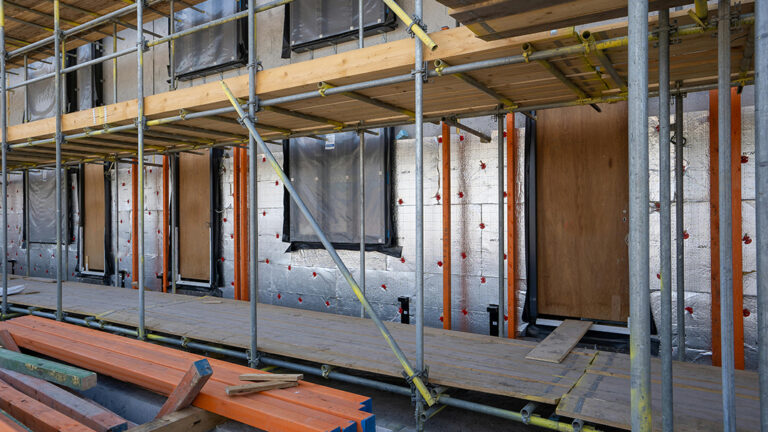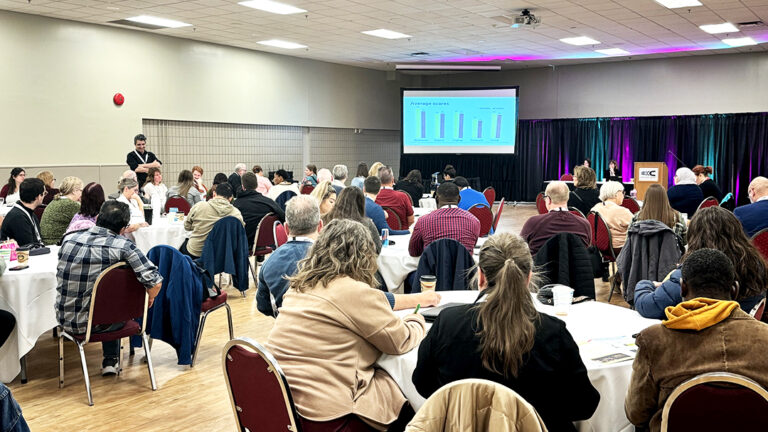Many individuals have found an affordable and safe home within the community housing sector; a place where their needs are met and respected. This remains true in the light of current new procedures related to the COVID-19 pandemic. community housing providers across Canada have continued to meet and protect vulnerable individuals’ needs whilst implementing new health requirements in their buildings.
Community Housing Transformation Centre Survey: 32 Funded Projects Well-Adjusted to New Reality
The Centre’s survey with funded partners has been conducted in May 2020. Out of 31 respondents, most (84 %) reported some impact on their operations, planning and budget, but no major changes to ongoing operations were foreseen. As the duration of COVID-19-related confinement has not been determined for all projects, this variable needs to be re-evaluated over time.
More than half (53 %) viewed a potential impact on the duration or the scale of their project. For some providers, it was too early to evaluate how the project’s budget might be impacted by the coronavirus pandemic. But it is noteworthy to see that the majority (60 %) felt confident that the situation would not affect their project budget altogether. Overall, community housing groups continue to be operational and ready to adjust their projects.
Community Housing Sector: Studies on Common Challenges During Early months of COVID-19
Studies conducted by Community Housing sector organizations in British Columbia, BCNPHA (BC Non-Profit Association) and by RQOH (Quebec Non-Profit Housing Network) in Quebec (French version only) show feedback from 101 housing providers in BC and 358 respondents in Quebec. New health directives had to be translated in contexts where many housing providers were already operating on tight budgets and limited staff. Hygienic measures had to be improved quickly to guarantee tenant’s safety. In this context, non-profit housing providers were not always sufficiently equipped to offer safe and inclusive living spaces for all residents but did their best to meet the need.
- Implementing safe health procedures for tenant isolation
The new health directives, as they were constantly redefined and adjusted in all provinces, cities and territories have come at a cost for community housing providers. In Quebec, 77 % indicate additional COVID-19-related expenses, some related to hiring, others spent on cleaning products, protective gear, and other items ensuring to meet new hygiene standards.
Community housing service providers in British Columbia have also reported increased expenses for cleaning and essential supplies. Furthermore, assisting clients or tenants in self-isolation had financial or mental health-related consequences. Tenants specific needs had to be re-evaluated in the new context. Self-isolation has presented new challenges for example when monitoring elderly client’s health or providing safe environments for harm reduction in shelters.
- Staff shortages as a financial and operational challenge
Most surveyed community housing providers in BC, nearly 70 %, report struggles to keep staff functional in times when schools are closed. Other employees with pre-existing medical conditions were suddenly at risk to show up at their place of work. In Quebec, more than a quarter of non-profit housing organizations reported absence of workers who were on sick leave. In a context where most sector organizations operate as very small entities, the absence of 1 or 2 employees can represent half of the existing workforce and generate significant overload for the other workers.
- Strained operational budgets
All in all, both surveys show severely strained budgets. As rental revenues are diminished because of tenants’ jobs losses, other avenues of income such as fundraising or social-enterprise incomes are drastically lowered or even eliminated. A vast majority of respondent’s voices reveals decreased revenue and increased COVID-related expenses.
As Quebec is the province showing the most cases of infection, currently 60 % of all declared infections in Canada, these trends might very well take longer to reverse there than elsewhere.
Conclusion: A Sector Committed to Protect Vulnerable Populations
During these exceptional times, the community housing sector needs specific and multilayered governmental support. “How can we continue to support individuals when no actual programs exist to recognize our group’s work?” is a question asked by many housing providers. Several respondents to both BCNPHA’s and RQOH’s survey could be summarized in saying that “all levels of government need to ensure that vulnerable populations are safe by providing them with a home to self-isolate during all stages of a health pandemic.”
The uncertainty of future health trends is an important factor to consider when evaluating possible medium- and long-term impacts on the community housing sector. Some provinces have now implemented measures to end confinement, but only time will tell how soon community housing operations can go back to a “new normal.” In the province of Quebec, Montreal has particularly struggled to flatten the curve of infection for the 4 million population of the metropolitan area and might therefore be particularly affected by the health directives. While most other areas of Quebec and other Canadian provinces are headed towards a modus operandi similar to pre-COVID-19 times, the impact for community housing providers will remain tangible for weeks and months to come.



